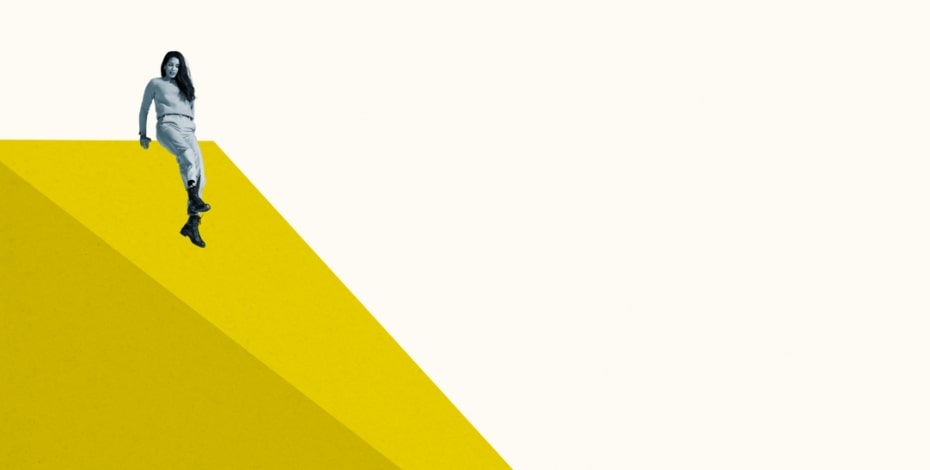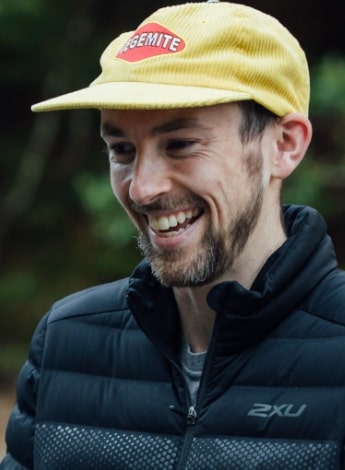
Scaling the wall

David McNeill reflects on the ‘brick wall’ between evidence-based practice and clinical reasoning.
How many of you can remember the last research article you read from start to finish?
No doubt, there are many—we are, after all, an evidence-based practice.
Far more will remember the last tweet they read or the last infographic they saw on Instagram.
There is a place for both.
Just as we are seeing across numerous social, cultural and political landscapes, technology and social media are changing the way we consume and engage with information.
It is more readily available, has more rapid turnover and sometimes, unfortunately, is less thoroughly scrutinised.
Physiotherapists are well positioned in this respect; our ability to assess information and distinguish between what is excellent and what is of poor quality is necessary to survive and grow as a profession.
However, none of us is perfect and we can all do better.
What has always been central to the scrutinising of research is the identification of unanswered questions.
This quest is what sustains our ever-evolving profession.
We continue to fine-tune our knowledge and understanding through new research, through the compilation of existing research and through the identification of unanswered questions to guide future research.
When those questions do not have a full and complete answer, we use our clinical reasoning.
What has evolved is how we critique research.
Once upon a time, our primary option was directing questions and commentary to the authors through the relevant journal, to be published in subsequent issues.
Nowadays, critique is astronomically more rapid fire.
Keyboards and platforms like Instagram, Twitter and YouTube allow it to occur instantaneously.
Where once we relied entirely on research-based academics to generate information, social media has brought to the forefront the voices of non-research clinicians too: those with a gift for teaching and those with a gift for translating research into clinically meaningful and digestible content.
By connecting us all, social media has afforded our profession—and the body of knowledge we subscribe to—an opportunity to develop more rapidly.
However, there is a dark side to that, one that casts a great shadow between our evidence base and the clinical reasoning we rely on to provide effective care.
The ego.
There was once built-in breathing room between the publication of new research and its being subject to scrutiny and critique.

David McNeill considers ego a significant barrier between evidence-based practice and clinical reasoning.
Now we often ask questions reflexively rather than reflectively.
Because of the volume of information available, we sometimes take bolder positions to stand out.
Clickbait-style headlines are catchy, but leave important information lost in translation.
We see titans of our industry arguing with each other, with apparently contrasting views that usually aren’t contrasting at all—just the ego getting in the way of thoughtful reflection on the question each party is trying to answer.
To make the most of this new information age of ours, physiotherapists must not only learn the art of scrutiny and critique, but must also remember to keep their egos in check when engaging and connecting across social media.
Our egos are the first things to react when confronted with information we don’t understand or disagree with.
The ego’s game is attack and defence.
When it is engaged, the first thing we do is stop listening and stop reflecting.
We think first about how to respond, instead of considering the question and the context in which our colleagues have come to hold a view.
There is no empathy here.
There is no thoughtfulness.
Each nugget of information we have in our evidence base started with a particular patient or problem, an intervention, a source of comparison and an outcome of interest.
At university, we learned this as PICO.
I wonder how often, when engaging in the scrutinising of both research and our colleagues, we confuse the defence of ego with a PICO that is simply different from that of the information over which we quarrel.
Clinical reasoning is our concurrent strategy for providing care when the research is incomplete.
Our patients rely on us to use both clinical reasoning and the evidence base to answer the questions and problems with which they present.
Ego is a huge barrier to marrying those two strategies.
To make the most of all the evidence and education at our fingertips, we can do better by leaving our egos at the door.
We don’t know what we don’t know.
Keep your ears open.
Think before you speak.
Not for the sake of protecting your colleagues’ egos, but for the sake of keeping an open mind—always open for growth.
Your patients and the profession will thank you for it.
>> David McNeill, APAM, is a private-practice physiotherapist in Melbourne. He has a special interest in running and looking after runners. He also writes for Tempo Journal, an online running publication.
© Copyright 2025 by Australian Physiotherapy Association. All rights reserved.





